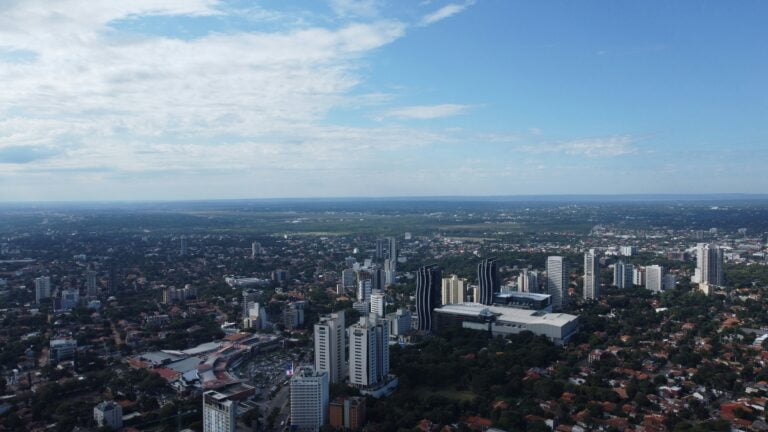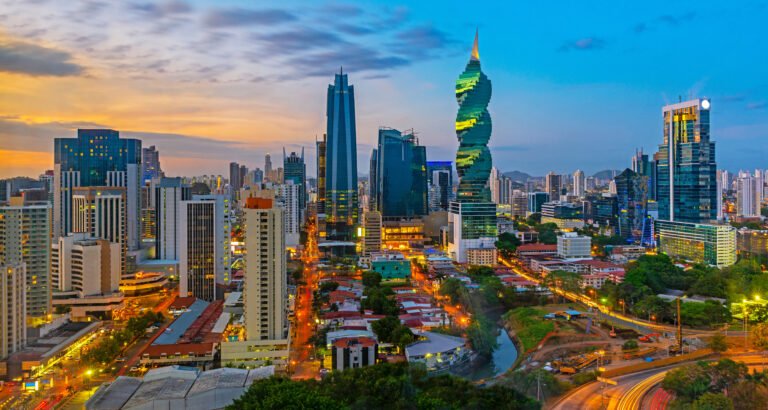Since the beginning of the current crisis, the issue has been on the mind of most economists, authorities, business managers, and entrepreneurs. In a strategy to contain the coronavirus’s spread, health organizations and world leaders recommended strict measures of social isolation. During post pandemic, the primary goal was to maintain distance between people, breaking the virus transmission cycle, and preventing the collapse of health systems. eTo reduce the health impact on the population, cities, states, and countries worldwide have adhered to these measures.
Economic downside
The shutdown of companies in the industry, commerce, and services fields, has caused significant economic losses worldwide. These were reflected in unemployment, reduced consumption, the closing of companies, and the generalized drop in the Gross Domestic Product (GDP) of several countries.
Will this trend continue? What are the most likely future scenarios for the economy’s performance? The last crisis with global effects was registered in 2009, when the United States real estate market collapsed, generating a falling effect for other countries. The GDP of the USA retracted by 2.5% at that time. According to the World Bank, the impact of the coronavirus crisis is expected to be much more critical, leading to a 6.2% reduction in global GDP.
How long could the economic crisis last?
There are three primary factorseeee. The first depends on how long humanity will have to live with the Covid-19 pandemic, continuing with control measures and collaboration between companies and society to maintain distance and reduce contagion. This situation may be mitigated with the recent arrival of an efficient vaccine and mass immunization.
The second factor is the impact of measures to combat the epidemic. These restrictions were different in each territory, which is likely to have various consequences within their borders and the nations with whom they trade and do business. The third factor is the future management capacity and the use of resources in the coming months, which may aggravate and mitigate the economic impact.
Post-pandemic economic recovery
The post-pandemic economic recovery is the process of gradual financial recovery after numerous global impacts registered as a consequence of Covid-19. This confidence represents hope for authorities and the world population. It signifies a turnaround until economic indexes reach and maintain the level recorded before the coronavirus epidemic.
During the current recession, recovery may seem like a faraway dream, especially for the most affected sectors. To look at it in a different light, however, crises are really part of any country’s economic path, typically coming in cycles. In other words, it is normal to experience periods of calm for a few years or even decades, interspersed with crises of different levels.
How to cope with the post-Covid economic recovery?
Slowly but surely, most companies are reopening and making a profit again. However, the start of recovery still calls for caution in making decisions. It will take some time to verify the economic recovery trajectory, not to mention the disparities between sectors, regions, and access to facilities for growth, such as credit. In order to be fully prepared, it is practical to incorporate evident trends during the crisis. Consider these keywords in your own business:
- Digitization: Online storage of documents and systems.
- Flexibility: Within work and consumption relations.
- Skills: Demand for the development of interpersonal skills, such as empathy.
- Remote: Create experiences over a distance.
- Local: Valuing local initiatives.
- Solutions: Breaking rigid structures to solve problems.
- Perception: Purpose as a competitive advantage.
I hope this post has given you a clearer image of the current economic crisis, its probable outcome, and how you should prepare for the post-pandemic recovery.






